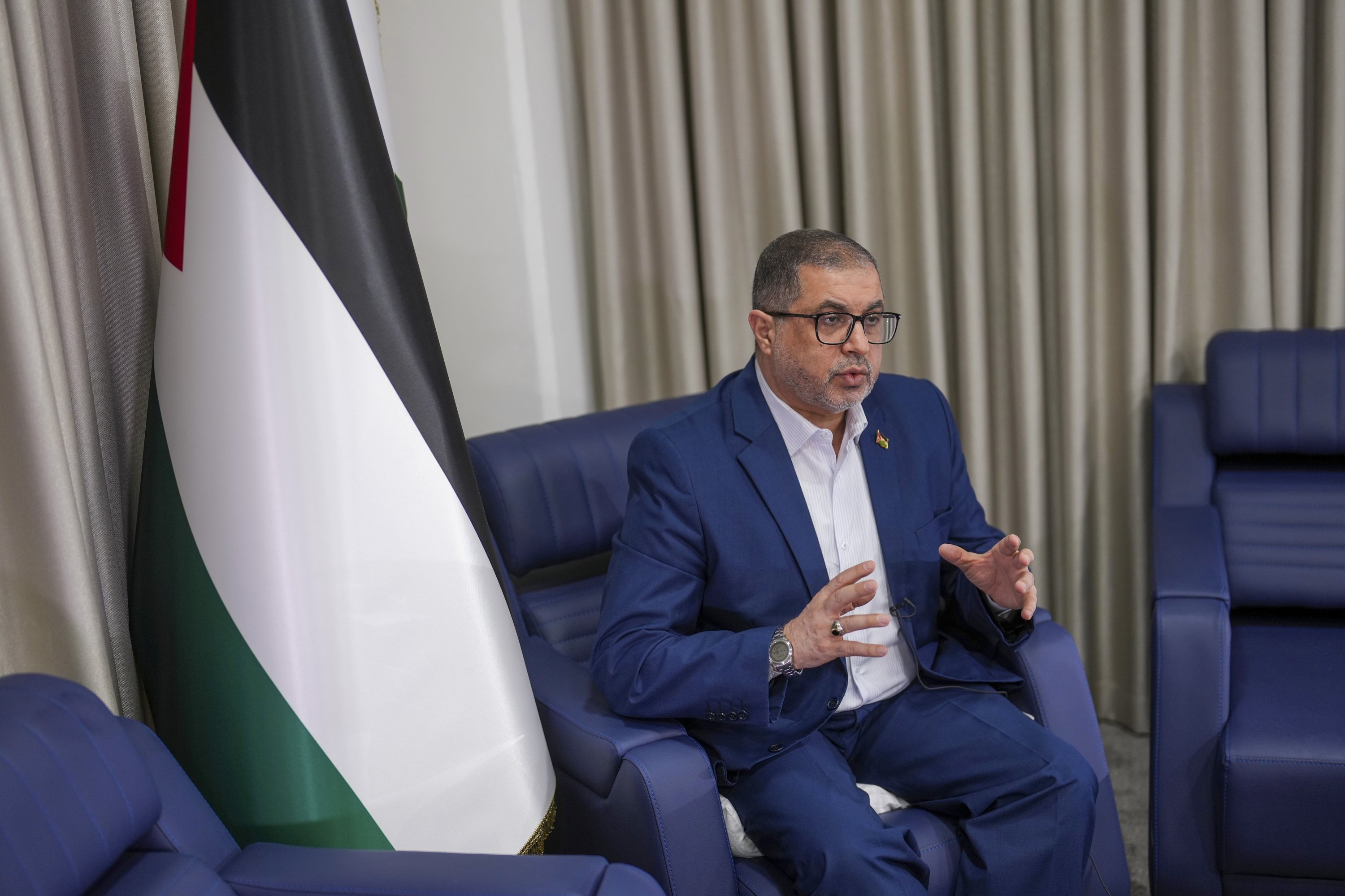© Turkuvaz Haberleşme ve Yayıncılık 2025
Efforts to broker a cease-fire between Hamas and Israel have resumed after a monthlong impasse, according to a senior Hamas official Thursday.
The talks, facilitated by international mediators, aim to end a devastating 14-month war in Gaza.
Bassem Naim, a member of Hamas' political bureau, revealed Thursday that mediators from Qatar, Egypt and the U.S. have returned to the table.

Speaking from Türkiye, Naim expressed cautious optimism, stating, “I think it is not a big challenge to reach a deal ... if there are intentions on the other side.”
Negotiations previously stalled when Qatar paused its involvement last month due to frustrations over the lack of progress.
However, recent efforts focus on halting the violence, releasing hostages in Gaza, and freeing Palestinian prisoners in Israel.
An anonymous official familiar with the talks confirmed Qatar’s re-engagement, underscoring the critical role the Gulf nation plays in these discussions.
Since the last round of talks, the geopolitical climate has evolved significantly.
Donald Trump’s U.S. presidential victory and a cease-fire agreement between Israel and Hezbollah in Lebanon have reshaped the regional dynamics.
While Trump is a staunch ally of Israel, Hamas sees potential opportunities under his administration.
Naim noted Trump’s campaign emphasis on halting wars in the Middle East and his recent demand for hostages to be released before his inauguration on Jan. 20. “Hell to pay” awaits if this demand goes unmet, Trump warned.
Discussions revolve around a multiphased cease-fire plan. Initially, fighting would halt for six weeks, with Hamas releasing female, elderly and sick hostages in exchange for Palestinian prisoners.
During this period, Israel would scale back military operations, allowing displaced Palestinians to return.
Subsequent phases would address Israel’s full withdrawal from Gaza, the release of remaining hostages, and a roadmap for long-term peace and reconstruction.
Despite the absence of a finalized proposal, Naim said Hamas remains committed to its core demands: a permanent cease-fire, Israeli withdrawal, and the return of displaced Palestinians.
The talks face significant hurdles, including Israel’s insistence on a lasting military presence in Gaza. Prime Minister Benjamin Netanyahu has pledged to dismantle Hamas’ military infrastructure and prevent the group from regaining control.
Previous negotiations faltered over Israel’s demand to maintain control of strategic areas like the Philadelphi corridor along Gaza’s border with Egypt.
Hamas has countered with proposals to open the Rafah border and ensure Israel’s full withdrawal.
Hamas and Fatah have tentatively agreed to form a technocratic committee to govern Gaza post-conflict.
This arrangement would see Hamas relinquish political control while retaining its military capabilities. “We are a national liberation movement, not a movement to govern,” Naim emphasized.
Hamas maintains that armed resistance is a legitimate response to occupation.
However, Naim reiterated the group’s conditional readiness to disarm if an independent Palestinian state based on 1967 borders is established.
As mediators navigate the fraught landscape, the stakes remain high.
Over 44,500 Palestinians, mostly women and children, have been killed by Israel in Gaza, while Hamas’ Oct. 7, 2023 attack claimed 1,200 Israeli lives and resulted in 250 hostages.
With both sides entrenched in their positions, the prospect of a durable cease-fire hinges on delicate compromises and sustained international pressure. As Naim put it, “Resistance is a tool, not a goal in itself.”
